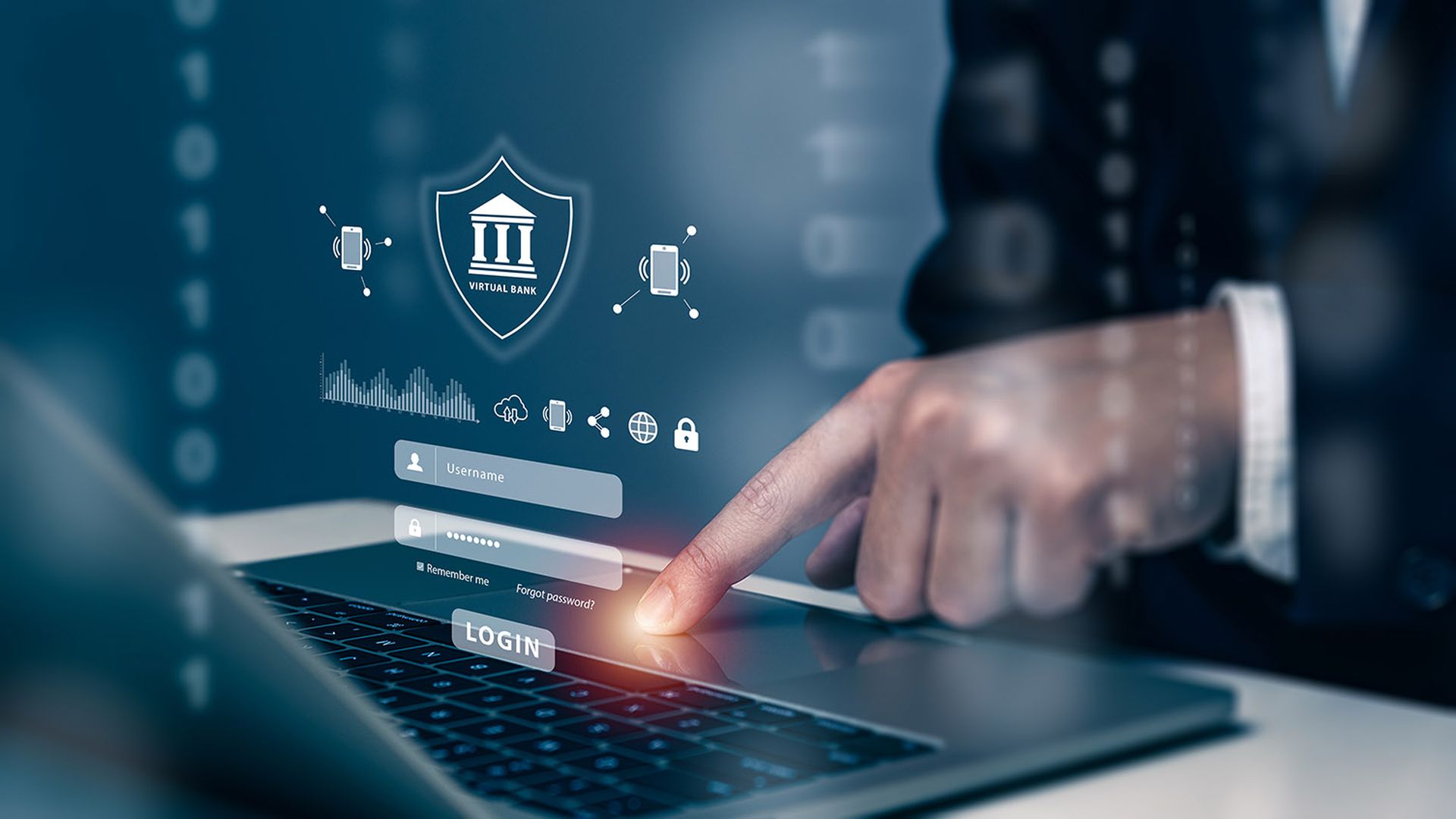The right to privacy and the sanctity of security, arguably the single most important and historically-rooted issue of ours (and any) time, is back on center stage, as well it should.
It’s important to remember that privacy/security is much more about people than it is about technology. Just where privacy/security, people and technology intersect -- that spot where the right-to-know and the need-to-know are counterbalanced -- is what legislators worldwide are beginning to tackle in earnest, amid the worldwide backdrop of terrorism.
Earlier this month, Australian Prime Minister Malcolm Turnbull took a step in that direction when, in the wake of several terrorist attacks in Europe that relied on encrypted communications, he signaled his intention to step up efforts to pressure Facebook, Apple and other social media giants to grant local security agencies access to their messaging apps.
Australia Government's Stance on Encryption
Now Australia has formally proposed new laws that will compel technology companies to grant government officials access to encrypted messages, Reuters reports.
"We need to ensure the internet is not used as a dark place for bad people to hide their criminal activities from the law," Turnbull told Reuters. "The reality is, however, that these encrypted messaging applications and voice applications are being used obviously by all of us, but they're also being used by people who seek to do us harm," he said.
If adopted, Australia's legislation will require device manufacturers and application developers to aid its law enforcement agencies to intercept and read messages sent by terrorism suspects. The proposal could become law in months, the report said.
Australia’s action is one of what is widely expected to be a number of similar laws aimed at thwarting private communications between terrorists using encrypted channels. For instance, British Prime Minister Theresa May recently said that cyberspace laws should be reconsidered to reflect the terrorism that has hit London. May went so far as to suggest that government agencies should have open access to every U.K. citizen’s online communication to counter terrorist messaging and monitor suspicious activity.
U.S Government's Stance on Encryption
It’s a point of view that U.S. President Donald Trump shares.
So, we now have the makings of a heightened discussion. For technology companies, especially Apple and Facebook but also others, it’s a two-part conundrum: On the one hand you have the privacy/security issue and on the other you have laws enacted (or proposed) by individual countries.
Even if technology companies wanted to comply (or to work out something), how would they go about it on a country-by-country basis when it's still being litigated episode-by-episode? Apple has already pushed back hard with its stand against the U.S. Justice Department’s lawsuit dating to the San Bernardino terrorist attack. And Facebook contends it already has a system in place to work with security agencies.
For now, no one knows the counterbalancing point. But two things are certain -- there won’t be a worldwide consensus and the issue will dominate this month’s talks among the Five Eyes intelligence-sharing network.




